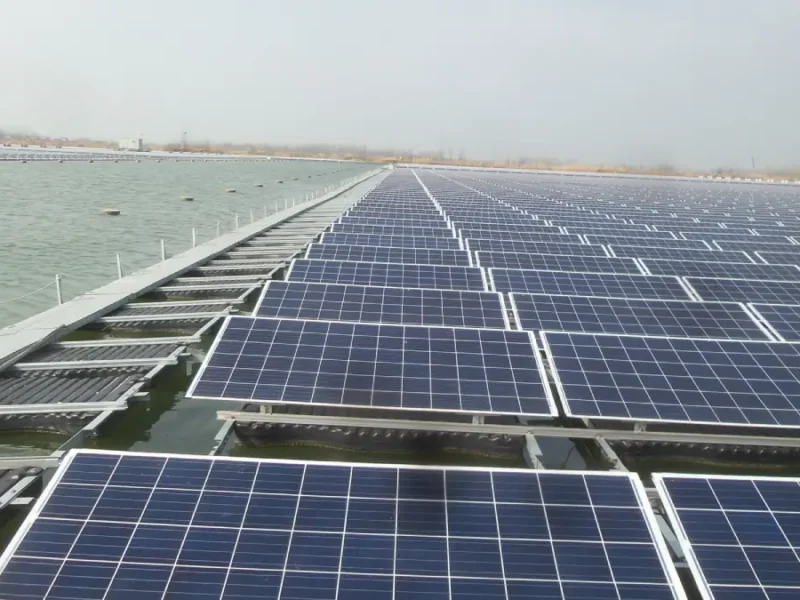
Fast Fashion’s Hefty Cost – Shein’s Carbon Footprint Soars
India-West News Desk
WASHINGTON, DC – The global fast-fashion behemoth, Shein, is facing increasing scrutiny over its environmental impact, particularly as its carbon emissions from product transportation surged by 13.7% in 2024. This notable increase was highlighted in the company’s latest sustainability report, which also revealed a significant recalculation: 2023 transport emissions were 18% higher than previously reported, according to a report by Reuters.
Shein’s unique business model, which involves dispatching inexpensive clothing directly from its Chinese suppliers to consumers across 150 markets worldwide, heavily relies on air freight. This approach, while facilitating rapid delivery, is considerably more carbon-intensive than the traditional retail model where garments are primarily shipped via slower, less polluting container vessels.
In response to growing environmental concerns and regulatory pressure, Shein has outlined plans to reduce its carbon footprint. The company aims to shift towards producing, packaging, and shipping goods closer to its international customer base. This strategic move is intended not only to lower emissions but also to cut down delivery times and shipping costs. The 2024 sustainability report indicated a proactive step in this direction, noting an increased adoption of sea freight and trucking.
The environmental debate surrounding fast fashion has already translated into legislative action. In France, lawmakers are actively targeting companies like Shein and its rival Temu. The French Senate, on June 10, approved a revised version of a fast fashion bill that, if implemented, would prohibit advertising by these companies, specifically citing Shein’s considerable environmental footprint.
Despite the criticism, Shein defends its operational model, asserting that its on-demand production system results in less unsold inventory compared to conventional clothing retailers. This, they argue, effectively minimizes textile waste. However, the sheer scale of their operations presents an immense challenge. In 2024, emissions generated from transporting products to and between Shein facilities, and onward to customers (including returns), reached 8.52 million metric tons of CO2 equivalent. This marks a substantial rise from 7.49 million metric tons of CO2e recorded in 2023.
To put this into perspective, Shein’s transport emissions for 2024 are more than triple those of Inditex, the parent company of Zara, which reported 2.61 million tons of CO2e for its 2024 financial year, as reported by Reuters. Interestingly, Inditex also saw a 10% increase in its emissions, attributed to a greater reliance on air freight.
Beyond environmental impact, Shein, headquartered in Singapore and largely sourcing from 7,000 suppliers in China (with a growing network in Brazil and Turkey), has also faced scrutiny regarding working conditions within its vast supply chain.



